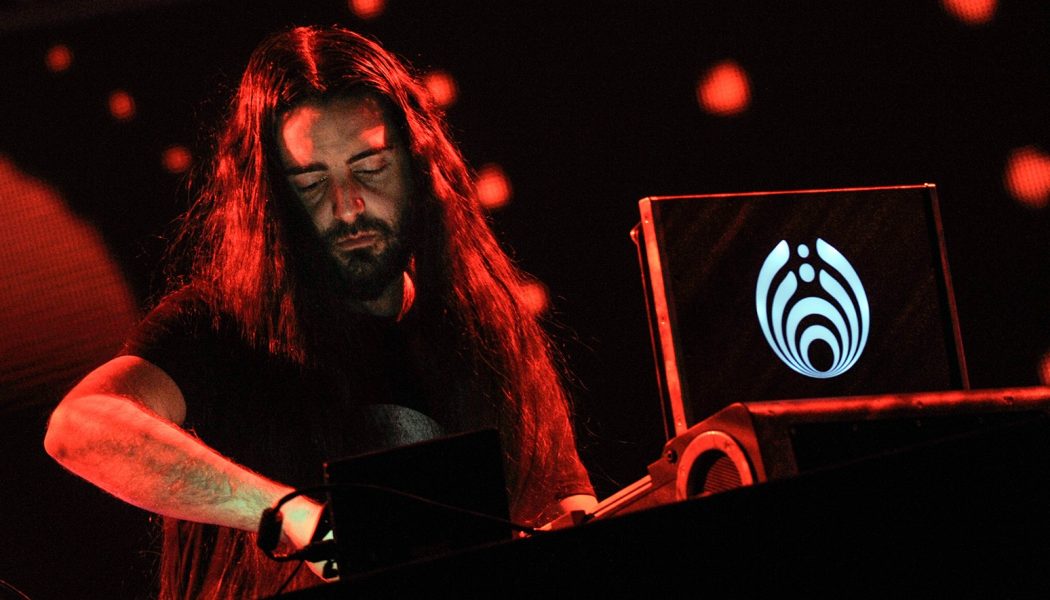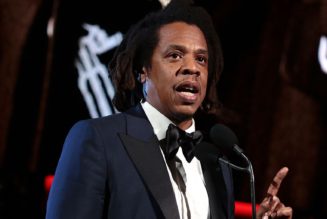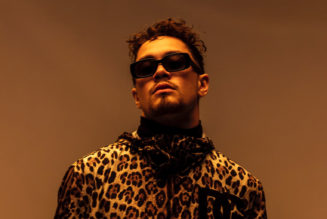
Neither Red Light Management nor C3 Presents — a management and production company behind events including Austin City Limits and Lollapalooza — responded to Billboard‘s requests for comment. The suit also alleges that Ashton used his Interactive Giving Fund charitable organization “to target, recruit and ultimately victimize young girls, like Plaintiffs, for sexual exploitation.”
The complaint alleges that Ashton met both defendants via Twitter when they were underage high school students. “After performances, Bassnectar would invite these underage girls to his hotel room and demand that the girls shower so that they were ‘clean,'” the complaint says. “He would then have sex with them, requiring the sex to be unprotected, without a condom, and would provide large sums of cash and other items of value in exchange.”
The complaint continues that Ashton required the defendants to keep these relationships secret, that he requested they send him sexually explicit photos and that he controlled their lives including who they were allowed to see and what they could wear, among other allegations.
“These outrageous claims — which were clearly designed for the media, rather than for the courts — are completely without merit, and we eagerly look forward to proving so,” Ashton’s attorney, Mitchell Schuster, says in a statement provided to Billboard.
This lawsuit comes nine months after Ashton announced he was “stepping back” from his career after a wave of sexual misconduct allegations surfaced, many of them via the anonymously run Instagram page @evidenceagainstbassnectar.”
“I am stepping down from my position of power and privilege in this community because I want to take responsibility and accountability,” Ashton said in his July 2020 statement. “I feel intense compassion for anyone I may have hurt. I truly hope you allow me a chance to work together toward hearing.” He went to say that the “rumors” are “untrue,” adding that “I realize some of my past actions have caused pain, and I am deeply sorry.”
The complaint continues that when these allegations came to light in the summer of 2020, Ashton reached out to both defendants to tell them he would “always love” them and to offer them money in an effort to keep them from speaking out. Bowling alleges that the head of Interactive Giving Fund also contacted her and pressured her against disclosing any information publicly.
Brian Kent, one of the attorneys involved in the lawsuit, tells Billboard that both Ramsbottom and Bowling chose to have their names publicly listed in lieu of using aliases.
“By having the strength and courage to have their names be public,” Kent says, “they hope other individuals who’ve had similar experiences will have the strength and courage to follow them. Secondly, they want to hold people accountable, and they feel that having their identities out there will help to do so.”










